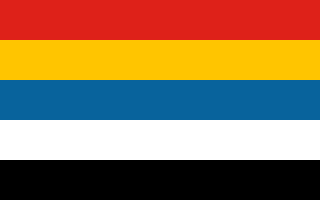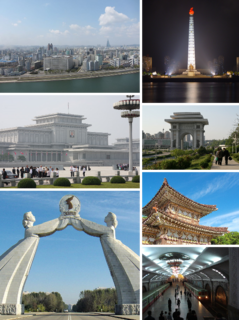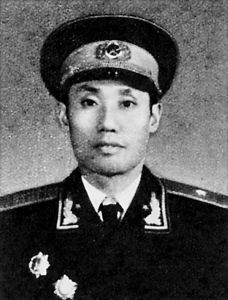| Zhang Tingyan | |
|---|---|
| 张庭延 | |
| 1st Chinese Ambassador to South Korea | |
| In office 1992–1998 | |
| Preceded by | New post |
| Succeeded by | Wu Dawei |
| Deputy Director of the Asian Affairs of the Ministry of Foreign Affairs of the People's Republic of China | |
| In office 1989–1992 | |
| Personal details | |
| Born | February 1936 (age 82) Beijing, Republic of China |
| Nationality | Chinese |
| Political party | Communist Party of China |
| Residence | Beijing |
| Alma mater | Peking University |
| Occupation | Diplomat |
Zhang Tingyan (simplified Chinese :张庭延; traditional Chinese :張庭延; pinyin :Zhāng Tíngyán; born February 1936) is a Chinese diplomat and the first Chinese Ambassador to South Korea. [1] [2]

Simplified Chinese characters are standardized Chinese characters prescribed in the Table of General Standard Chinese Characters for use in mainland China. Along with traditional Chinese characters, they are one of the two standard character sets of the contemporary Chinese written language. The government of the People's Republic of China in mainland China has promoted them for use in printing since the 1950s and 1960s to encourage literacy. They are officially used in the People's Republic of China and Singapore.

Traditional Chinese characters are Chinese characters in any character set that does not contain newly created characters or character substitutions performed after 1946. They are most commonly the characters in the standardized character sets of Taiwan, of Hong Kong and Macau, and in the Kangxi Dictionary. The modern shapes of traditional Chinese characters first appeared with the emergence of the clerical script during the Han Dynasty, and have been more or less stable since the 5th century.
Hanyu Pinyin, often abbreviated to pinyin, is the official romanization system for Standard Chinese in mainland China and to some extent in Taiwan. It is often used to teach Standard Mandarin Chinese, which is normally written using Chinese characters. The system includes four diacritics denoting tones. Pinyin without tone marks is used to spell Chinese names and words in languages written with the Latin alphabet, and also in certain computer input methods to enter Chinese characters.











